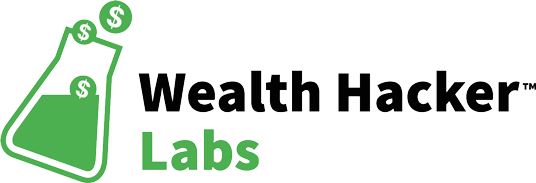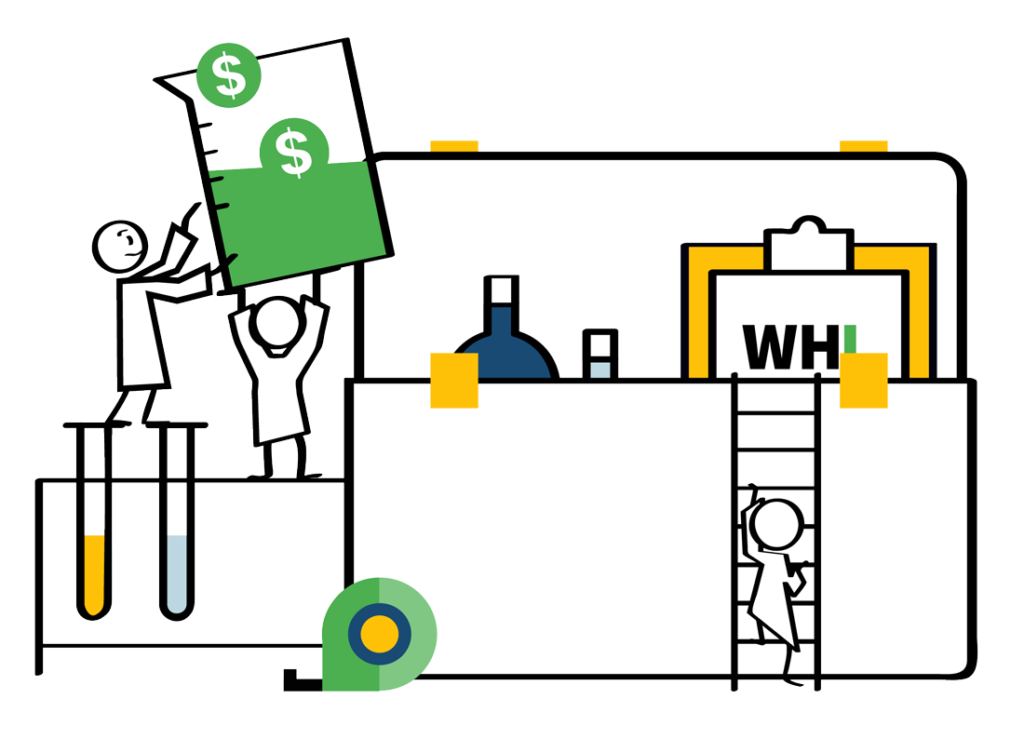12. Shield as Much Income From Taxes as Possible
Taxes represent a major reduction in your income, that means you will have less money available to save, invest, and pay off debt. By using strategies that reduce income taxes, you’ll be able to keep more of your income, rather than turning it over to the tax authorities.
The easiest and best way to shield your income from taxes is retirement plans. If your employer offers a 401(k) plan at work, put as much of your income into it as you can afford. At a minimum, invest up to the amount that will get you the maximum employer matching contribution. For example, if your employer offers a 50% match (3%) up to a 6% contribution by you, you should contribute at least 6% – and of course, more is always better.
Also take advantage of individual retirement accounts (IRAs). Take one even if you don’t qualify for an income tax deduction for taking one. Even without the tax deduction on the contribution, both traditional and Roth IRAs still allow you to defer income taxes on investment income.
If you’re self-employed, create your own retirement plan for your business, such as a solo 401(k), or a SEP or SIMPLE IRA. Using such a plan, you can shelter much as 20% of your income – up to $53,000. That’s a lot of tax savings right there.
13. Get Out – and Stay Out – of Debt
It’s hard to make a case for being financially independent when you owe money to banks or other people. You should have a goal of getting out of debt as soon as possible.
You can have different time horizons for getting out of debt with each debt category.
For example, you can commit to eliminating your credit card debt in five years, while eliminating your student loan debt in 10 years, and your mortgage in 15 years.
That’s not an overnight solution to your current debt problems, but it sets you to heading in the right direction.
And once you get out of debt in any category, stay out and never come back! There’s no such thing as “good debt” when you’re trying to achieve financial independence.
14. Make Sure You Have Enough Insurance Coverage
Early in your journey toward financial independence, you may want to maintain minimal insurance coverage to keep your insurance expense low. But, as your wealth grows, your insurance coverage has to rise along with it.
Though we don’t normally think of it in this way, the primary purpose of insurance is to protect our assets. The more assets you have, the greater your insurance coverage needs to be.
Review all of your coverages annually. That includes health, auto, homeowners, disability, and affordable life insurance. As your wealth grows, low coverage levels and high deductibles can work against you in a crisis. That defeats the whole purpose of having insurance of any kind.
15. Commit to Refocusing on Your Goal Regularly
In order to become financially independent, you will need to become fully committed to your plan. You should have a written plan – that includes goals for each financial category – and plan to review them annually.
The purpose is twofold:
- To make sure your goals are on track, and
- To keep yourself focused on your ultimate goal of becoming financially independent
This is incredibly important, particularly number two. It’s very easy to get sidetracked on the road to financial independence. For example, you may find yourself getting very comfortable about two thirds of the way there, and starting to spend more money and save less.
Think of it as an affirmation, in which you renew your commitment. You should do that at least annually, but in reality you should do it as much as you need to.
Becoming financially independent isn’t easy. That’s why you need a detailed plan, and a commitment stick to it. Use this list as a guide, and modify it to fit your own circumstances. You’ll get there – as long as you don’t give up!


Leave a Reply